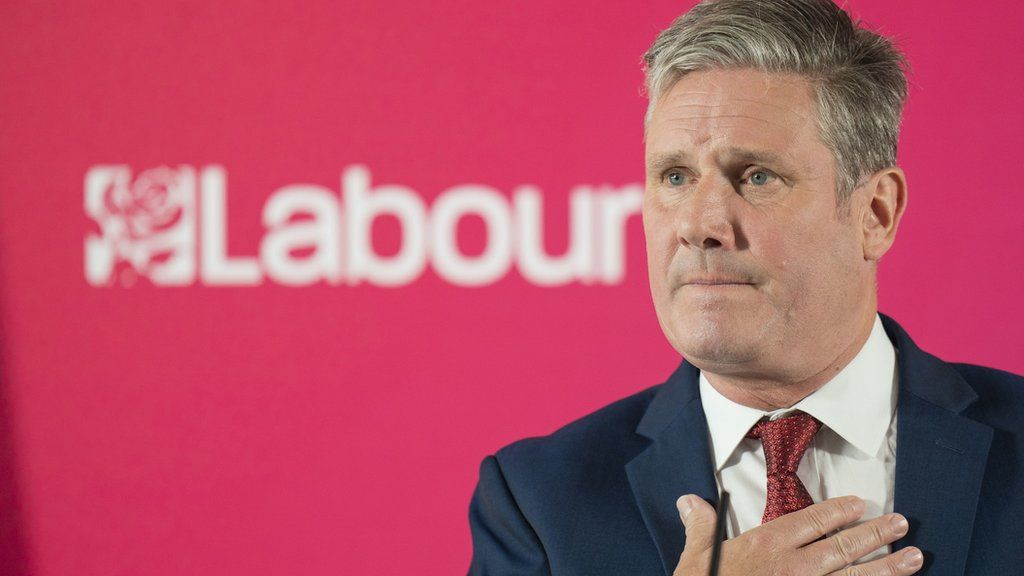ARTICLE AD BOX
By Reality Check team
BBC News
 Image source, PA Media
Image source, PA Media
Labour leader Sir Keir Starmer has been setting out his plans for the economy.
We've been looking at some of his claims about the Conservative Party's record.
'We haven't had economic growth for 12 years now'
It's true that the growth of the UK economy has been relatively slow since 2010.
However, Sir Keir is wrong to say that there has not been any growth. The economy is bigger than it was 12 years ago.
In fact, in the first three months of 2022 it was about 22% bigger than it was in the first three months of 2010.
That's about the same amount of growth that there was in the previous 12 years.
But if you look at the whole of the last 20 years compared with the previous 20 years, it is clear that growth has been slow.
Between 2002 and 2022, the economy grew by 35%.
Between 1982 and 2002 it grew by 75%.
We asked the Labour Party about the no growth claim and were told: "There has been an unprecedented slowing of economic growth under the Conservatives."
'Wages have been stuck for the best part of the decade'
Sir Keir is right that it took an extraordinarily long time for wages to get back to the levels they had been at before the financial crisis of 2008.
It was not until 2020 that average wages adjusted for inflation - the increase in prices - reached their pre-crisis levels.
The Institute for Fiscal Studies think tank described it as a "lost decade" of earnings growth.
It said: "Chronic lack of real wage growth has blighted the UK since the financial crisis."
'Under their watch, the average British family is £8,800 poorer than their equivalents in other advanced economies'
This figure is based on a comparison between the economies of the UK and five countries: Australia, Canada, France, Germany and the Netherlands. It is in a new publication by the Resolution Foundation and Centre for Economic Performance at the London School of Economics.
It says that if the UK had the average income and inequality levels of these five countries, typical household income in Britain would be 32%, or £8,800 higher per year.
The five countries were chosen because they have similar economies to the UK and "are not the richest, or most equal, countries in the world and we would long have considered them our peers".
The report, which uses OECD figures from 2019, points out that 15 years ago the UK's average household income was higher than in Germany and France.
But by 2018 it had fallen behind and household incomes were 16% lower than Germany and 9% lower than France.
The Treasury declined to comment on the figures.

 2 years ago
73
2 years ago
73








 English (US) ·
English (US) ·